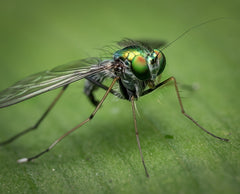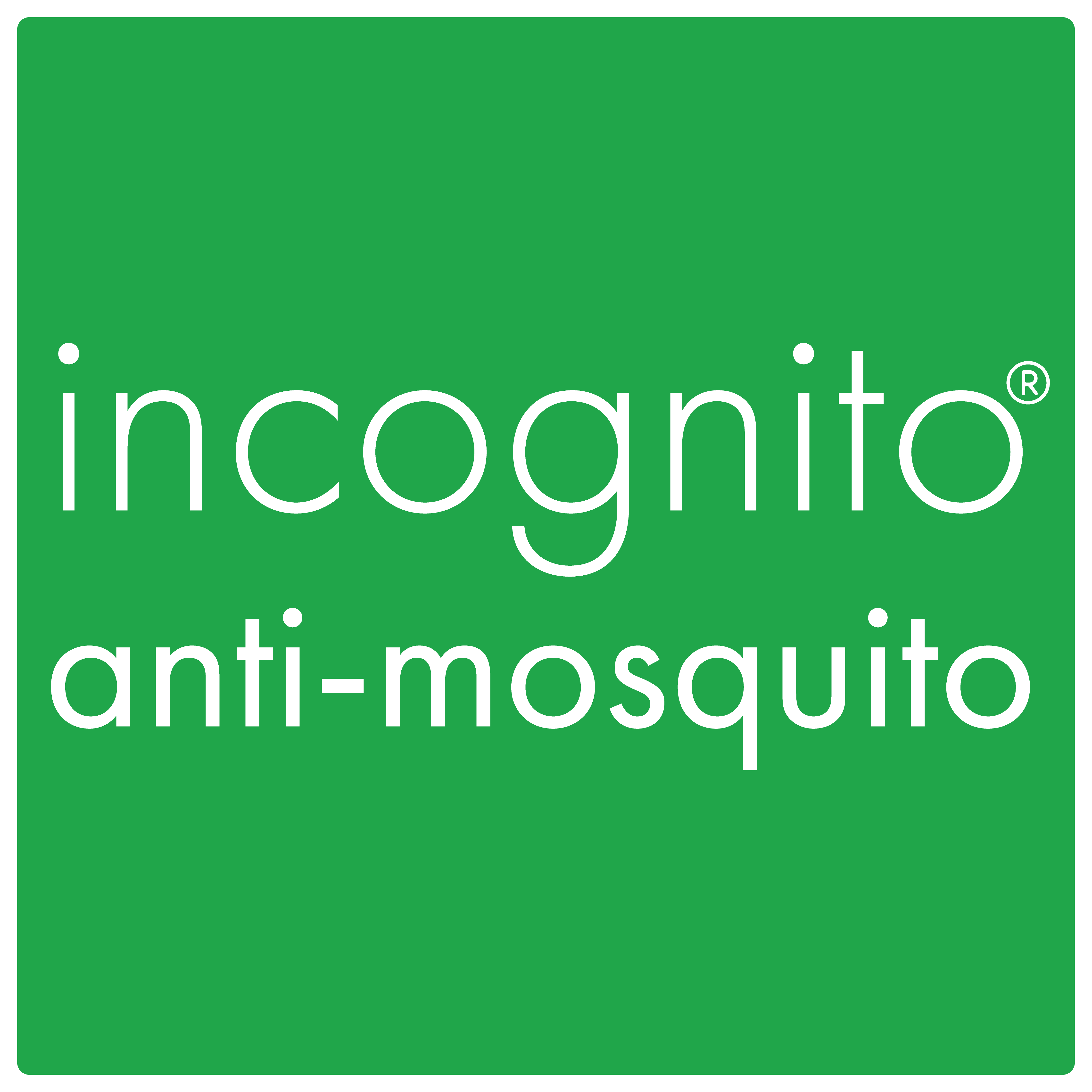Today is World Malaria Day - a critical day to recognise the global efforts to control malaria.
Cases of malaria are on the rise
Since 2000, malaria deaths have been reduced by more than 60%, saving over 6.8 million lives. However, in 2015 there were over 212 million cases and almost half a million deaths from malaria. n 2016 malaria cases rose by 5 million from 2015, which a total of 216 million cases of malaria in 91 countries. Progress on malaria has stalled and new innovations are needed to win the fight against this devastating diseases.
Around the world, 24 countries saw an increase of more than 50,500 cases in 2016, with Rwanda and Nigeria seeing 1 million new cases.
However, the number of deaths caused by malaria remained stable and declined for under 5’s from 440 000 in 2010 to 285 000 in 2016.
Africa continues to be the continent which suffers the most from malaria with 90% of all reported cases and 91% of deaths.
7 countries have been certified by WHO as having eliminated malaria: United Arab Emirates (2007), Morocco (2010), Turkmenistan (2010), Armenia (2011), Maldives (2015), Sri Lanka (2016) and Kyrgyzstan (2016).
Much more investment is needed to beat malaria
According to the World Health Organisation (WHO), the annual investment needed by 2020 to meet the 2030 targets for Malaria is $6.5 billion, current annual investment is only $2.7 billion.
In 2016 the US was the largest malaria donor contributing 38% of all funding. The United Kingdom, France, Germany and Japan were also large contributors.
There are over 400 different species of Anopheles mosquito
Malaria is caused by the Plasmodium parasites which are spread to people through the bites of infected female Anopheles mosquitoes, known as malaria vectors. However, there are only 5 parasite species that can cause malaria in humans.

How does incognito help?
We donate 10% of our profits to charities that help fight malaria and other vector-borne diseases. Our insect repellents protect you, your family, and the environment from the devastating effects of malaria and other mosquito-borne diseases. You don’t need to use a toxic chemical product to protect yourself and your family - our products are 100% natural and good for the environment while also providing 100% protection against mosquitoes for 5 hours in clinical tests.
Sleeping under an insecticide-treated net is the most common method used to prevent malaria and is often featured in charity appeals to prevent malaria spread. The numbers of people using mosquito nets has risen 25% since 2010.
Spraying the inside walls of homes is also a popular prevention method of but the number of people doing this has fallen by 80 million since 2010.
Travellers must be vigilant and take adequate precautions in malarial areas. Due to the Zika crisis, there is a greater awareness among travellers of the prevalence and risk associated with any mosquito-borne disease, the risks associated with travelling to tropical areas and the need to be adequately prepared.
Make sure you use a recognised insect repellent such as PMD (the active ingredient in incognito®) and follow C.L.O.A.K rules:
C – Cover up arms and legs with suitable clothing. Always sleep under an impregnated mosquito net; preferably a long lasting one.
L – Light coloured clothing is strongly advisable, covering arms and legs as much as possible. Mosquitoes are attracted to dark colours – they easily bite through clothing.
O – Odours, bodily or otherwise like perfume, scented soaps, shampoos, etc are strong attractants. So don’t use them! Instead wash with citrusy, repellent products where possible and exfoliate with a loofah; especially if you are a mosquito magnet.
A – Apply an effective mosquito repellent: either DEET or PMD based if you prefer a natural solution and reapply when necessary.
K – Keep away from stagnant water or remove it if you can.
Our incognito spray and roll-on are both clinically proven to protect against malaria, when used in conjunction with a mosquito net.
Our incognito insect repellent spray, roll-on and suncream all contain PMD. You can use our insect repellent SPF25 suncream and our insect repellent spray and roll-on for 100% protection against mosquito bites for 5 hours, as tested by the London School of Hygiene and Tropical Medicine.
PMD is recommended by the World Health Organisation (WHO), Public Health England and the NHS for any travellers going to high-risk malaria areas.
What the world is doing right now
- 53 Commonwealth nations took bold, political action with a commitment to halve malaria in the Commonwealth by 2023, at the Malaria Summit London on 18 April 2018.
- Financial, political and scientific commitments were made for around £2.9 billion.
- Ground-breaking studies from the London School of Hygiene and Tropical Medicine identified a unique chemical fingerprint for the first time, opening up the possibility of developing a system to lure mosquitoes away from human populations, or diagnosing the disease.
- The Financial Times Health ran a special in-depth report on malaria, including this podcast.
- The AIDF Asia Summit is taking place on 20-21 June 2018 at the United Nations Conference Centre in Bangkok, Thailand. Discussions on how to raise awareness of malaria and finance its elimination in Asia will take place. Healthcare will form a significant part of the summit, with the aim of stimulating discussions and knowledge sharing.
- The ‘Malaria Must Die – So Millions Can Live’ campaign video has also created quite a buzz; it features David Beckham locked in a mosquito cage surrounded by 10,000 mosquitoes!
- BBDO Bangkok, Thailand has developed Nano Shoes - a way to get mosquitoes themselves to deliver a chemical to breeding sites that kills mosquito larvae!
- What malaria developments have you been following? Share them with us!
Since 2000...
— Gates Foundation (@gatesfoundation) April 18, 2018
💉 6 countries have eliminated malaria;
💉 12 countries have attained zero malaria status;
💉 More than 40 countries have fewer than 10,000 cases.
🌍 Essentially half the world is now malaria-free. #ReadyToBeatMalaria
Order your incognito products from our online shop and sign up to our newsletter to receive special offers, especially going into the UK summer.




Comments (0)
There are no comments for this article. Be the first one to leave a message!